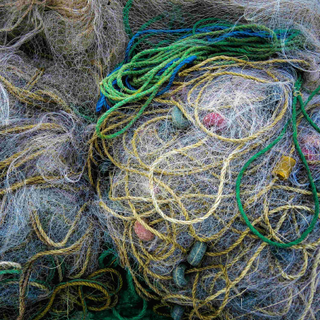Accent
Image hero
Use these sections to promote a particular feature with editorial photography.
Sustainability is a founding element of TAGATONNA Athletic Design Lab’s identity and is deeply rooted the core of its brand philosophy. We recognize the responsibility we bear towards the environment and future generations, and we strive to make a positive impact through conscious choices of fabrics used for every garment.
Image hero split
Use this sections to promote a particular feature with editorial photography.
Image hero split
Use this sections to promote a particular feature with editorial photography.

Recycled Nylon
Our reliance on the oceans is profound. They encompass 72% of the Earth's surface, provide 70% of the oxygen we breathe, contain 97% of the planet's water, and sequester 30% of carbon emissions. Despite their critical importance, our oceans are facing significant threats.Each year, around 8 million metric tonnes of plastic waste find their way into the oceans. This poses not only a severe danger to marine life but also to human health. If this trend persists, projections suggest that by 2050, the volume of plastic in the oceans will surpass that of fish. Recycled nylon is made through a process of collecting discarded nylon materials, such as fishing nets or industrial waste from the ocean, which are then sorted, cleaned, and shredded. The shredded nylon is melted down, purified to remove impurities, and undergoes polymerization to reform it into nylon polymer. This purified nylon is then spun into yarns or filaments for use in various products, contributing to a more sustainable and eco-friendly approach to nylon production by reducing waste and conserving resources.

Recycled Polyester
Recycled polyester is manufactured through a multi-step process that begins with the collection of post-consumer plastic waste, such as PET bottles. The collected plastic is sorted, cleaned, and then shredded into small flakes. These flakes are melted and extruded into long strands of polyester fibers. These fibers can be spun into yarns, which are then woven or knitted into fabric. Through this process, recycled polyester gives new life to discarded plastic, reducing environmental impact and promoting sustainability in the textile industry.
